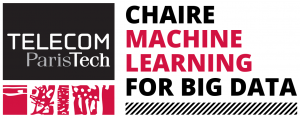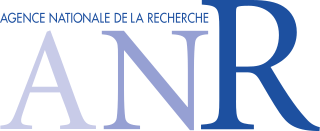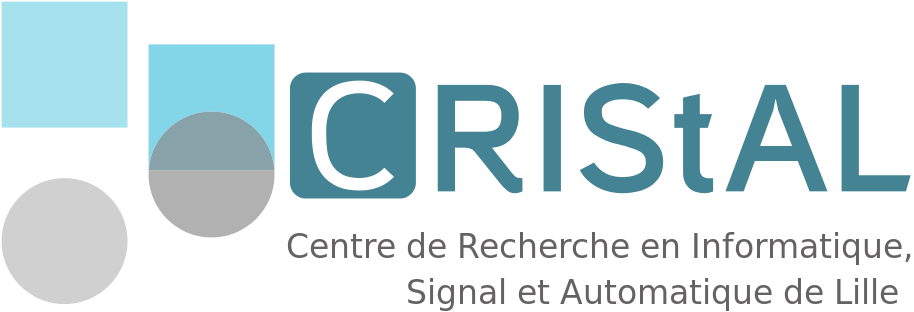Presentation
With the advent of personal devices with computation and storage capabilities, it becomes possible to run machine learning on-device to provide personalized services to users without exposing their sensitive data to large data centers. Such decentralized architectures allow individuals to better control their data (with potential incentives for its usage), as well as reduce the infrastructure costs and risks related to data storage/processing for the service provider. This motivates the design of machine learning and optimization algorithms adapted to constraints arising from this new paradigm. Well beyond standard parallel computing techniques, it requires efficient solutions to deal with complex settings involving a very large number of parties, limited control over the network dynamics, heterogeneous local data distributions and/or the absence of a central coordinating entity. Another important challenge is to develop decentralized learning protocols which provably preserve privacy for each user and show some robustness against malicious parties.
This multidisciplinary workshop will be devoted to the new crucial scientific challenges raised by decentralized machine learning, including:
- How to design efficient optimization algorithms (in terms of convergence rate, number of rounds, bandwidth, energy…) for the decentralized setting?
- How can users collaborate to learn useful models in a fully decentralized network where communication is peer-to-peer only (no central entity)?
- How to address privacy and security issues under various adversary models?
A major objective of the workshop is to initiate new fruitful collaborations between researchers in optimization, machine learning, privacy and distributed systems. Attendees are welcome to bring a poster to present their recent work at the poster session.
Location & Dates
The workshop will take place on September 11-12, 2017 at INRIA Lille (France). Lille is the capital of the north of France, a metropolis with 1 million inhabitants, with excellent train connection to Brussels (34 min), Paris (60 min) and London (80 min). See how to get there.
Registration
Registration is free but mandatory. Click here to register, preferably before July 15 (we may not be able to guarantee attendance for late registrations). Registration is now closed.
Confirmed speakers
- Dan Alistarh (IST Austria / ETH Zurich)
- Borja Balle (Amazon Research)
- Keith Bonawitz (Google Research)
- Hamed Haddadi (QMUL / Imperial College London)
- Stephen Hardy (Data61 / CSIRO)
- Mikael Johansson (KTH)
- Peter Richtárik (KAUST / University of Edinburgh)
- Meilof Veeningen (Philips Research)
Schedule
Note: All events are located in the Amphitheater (Building B) except for the buffet lunch and poster session which are located in the Plenary room (Building A, across the street).
Monday, September 11th, 2017
| 09:30am – 10:00am | Welcome (coffee and pastries) |
| 10:00am – 12:00pm |
Talk session (chair: Sébastien Gambs) |
| 12:00pm – 12:30pm | Poster spotlights [poster list] |
| 12:30pm – 02:30pm | Buffet lunch + Poster session [poster list] (Plenary room, Building A across the street) |
| 02:30pm – 04:30pm |
Talk session (chair: Joseph Salmon) |
| 04:30pm – 05:00pm | Coffee break |
| 05:00pm – 06:00pm |
Talk session (chair: Morten Dahl)
|
Tuesday, September 12th, 2017
| 08:30am – 09:00am | Welcome (coffee and pastries) |
| 09:00am – 11:00am |
Talk session (chair: Aurélien Bellet) |
| 11:00am – 11:30am | Coffee break |
| 11:30am – 12:30pm |
Talk session (chair: George Giakkoupis) |
Organizers
- Aurélien Bellet (INRIA Lille, Magnet)
- Morten Dahl (Snips)
- Sébastien Gambs (UQAM)
- George Giakkoupis (INRIA Rennes, ASAP)
- Joseph Salmon (Télécom ParisTech)
Financial support
The workshop is organized in the context of the ANR project PAMELA (Personalized and decentrAlized MachinE Learning under constrAints). We are grateful to our financial sponsors, listed below.






